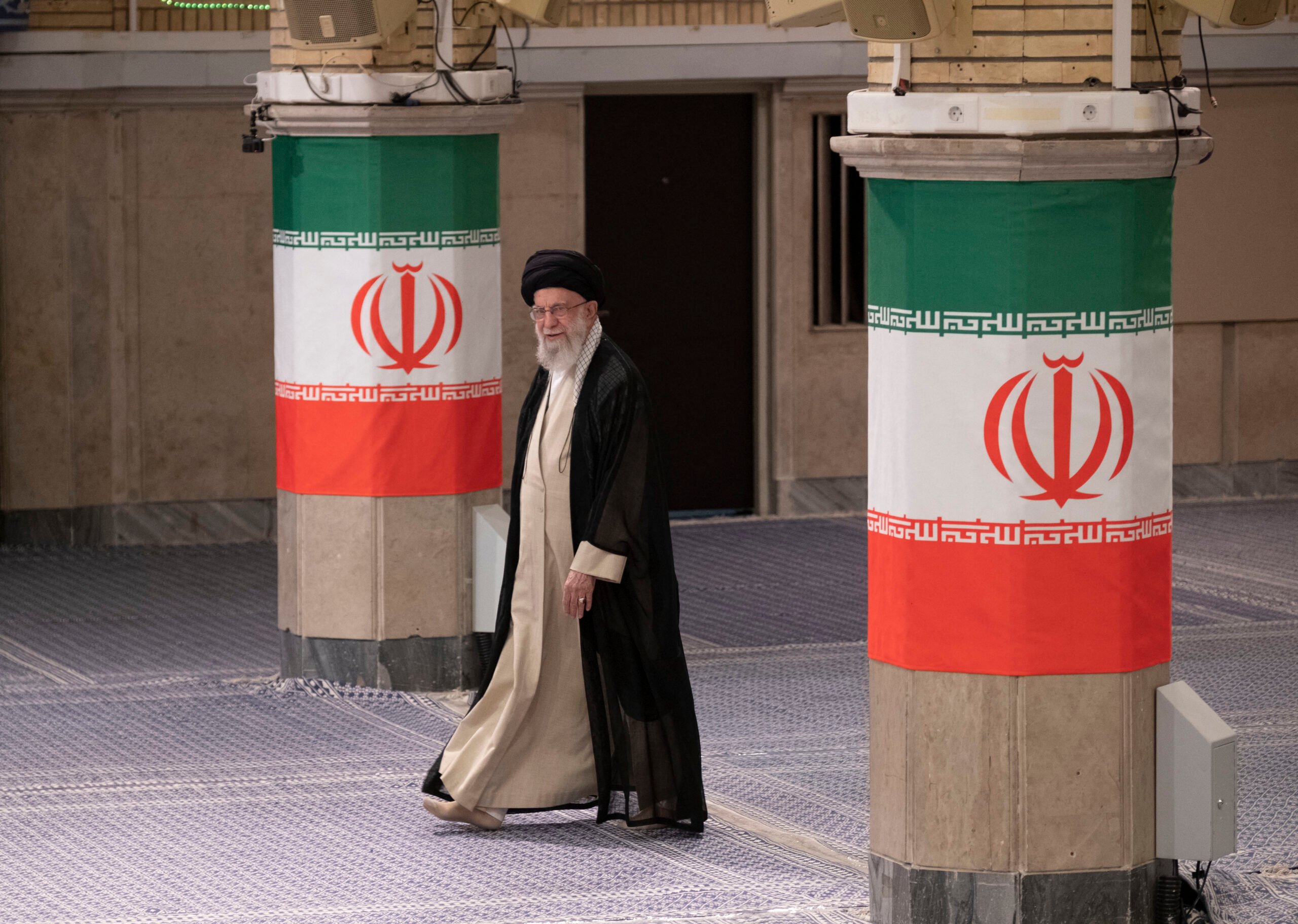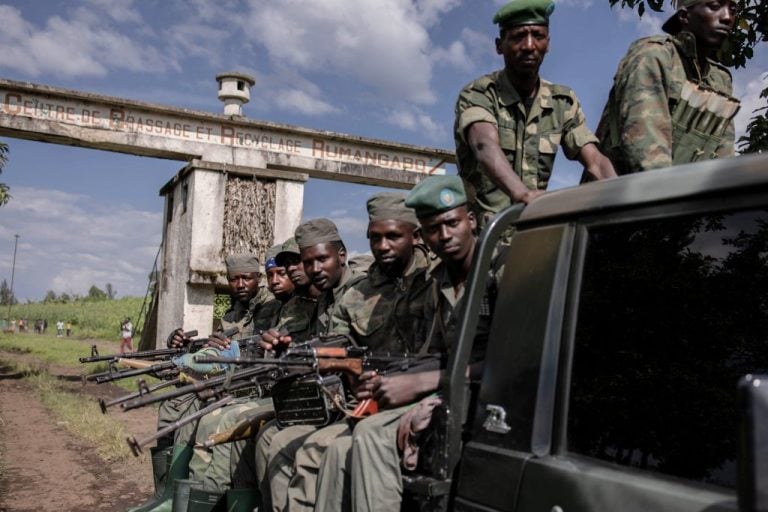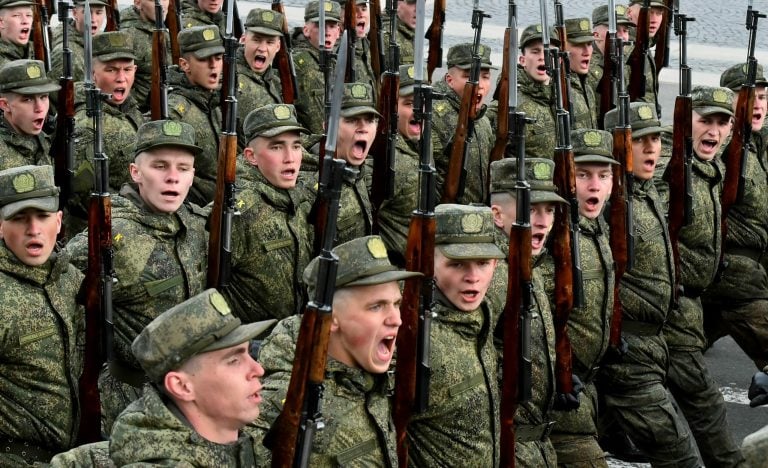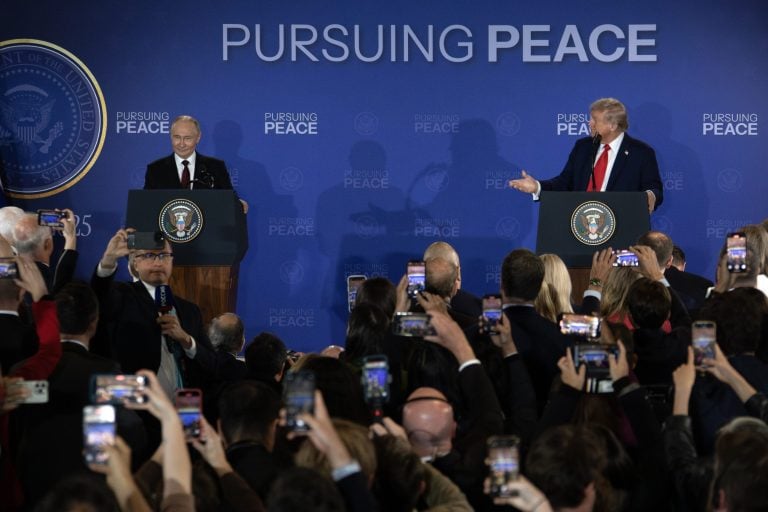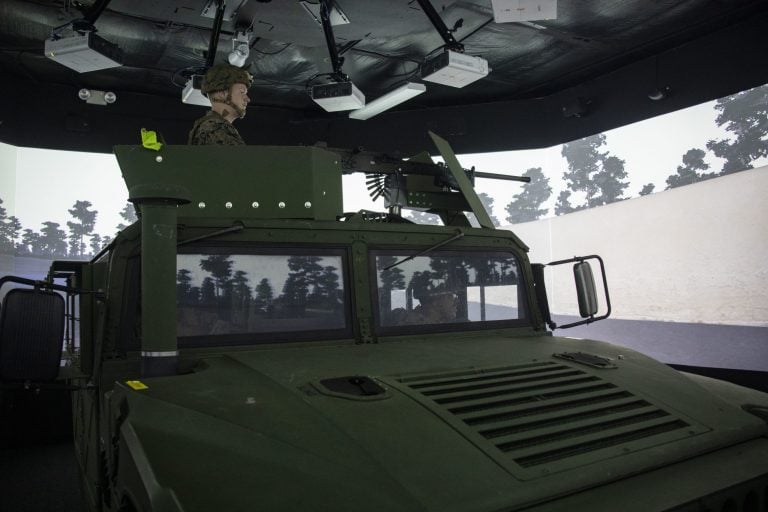In a significant development, Iran’s intelligence ministry has raised alarms regarding alleged attempts by foreign adversaries, particularly the United States and Israel, to target its supreme leader, Ayatollah Ali Khamenei. The warning was articulated by Intelligence Minister Esmail Khatib, who emphasized that these adversaries seek to destabilize the Islamic Republic both through assassination attempts and various hostile actions.
The statement, reported by the ISNA news agency, marks a notable escalation in rhetoric, particularly following a recent 12-day conflict between Iran and Israel earlier this year. Khatib’s remarks reflect a long-standing narrative within Iranian leadership about foreign infiltration, though the specific nature of the threats against Khamenei remains unspecified.
Khatib pointedly referenced alleged efforts by Israel and the United States, describing individuals who might unwittingly assist these supposed nefarious designs as “infiltrating agents of the enemy.” This assertion comes on the heels of a turbulent period characterized by heightened tensions and military action, where Israeli forces targeted senior Iranian military figures, nuclear scientists, and critical infrastructure, prompting responses from U.S. forces.
Amidst discussions of these threats, questions arose regarding past actions, including an Israel plan to assassinate Khamenei. Reports indicated that former U.S. President Donald Trump vetoed the operation out of concerns it could escalate conflict. Trump himself had publicly remarked on the simplicity of targeting Khamenei, indicating a complex calculus surrounding potential military options.
Khamenei, who has held his position since 1989, wields substantial power over Iranian state affairs. As concerns for his safety mount, President Masoud Pezeshkian voiced apprehensions not only for Khamenei’s life but also about the potential for internal discord within Iranian institutions during the conflict.
Earlier statements from Khamenei reflected a belief that Israel’s military activities aimed not only to weaken Iran’s strategic position but also to incite civil unrest with the ultimate goal of destabilizing the regime. While a ceasefire has been in effect since June 24, the backdrop of threats from both Israel and the United States looms large, particularly concerning Iran’s nuclear ambitions. Analysts suggest that the situation remains precarious, as further military action could arise if tensions escalate in relation to Iran’s nuclear program.
